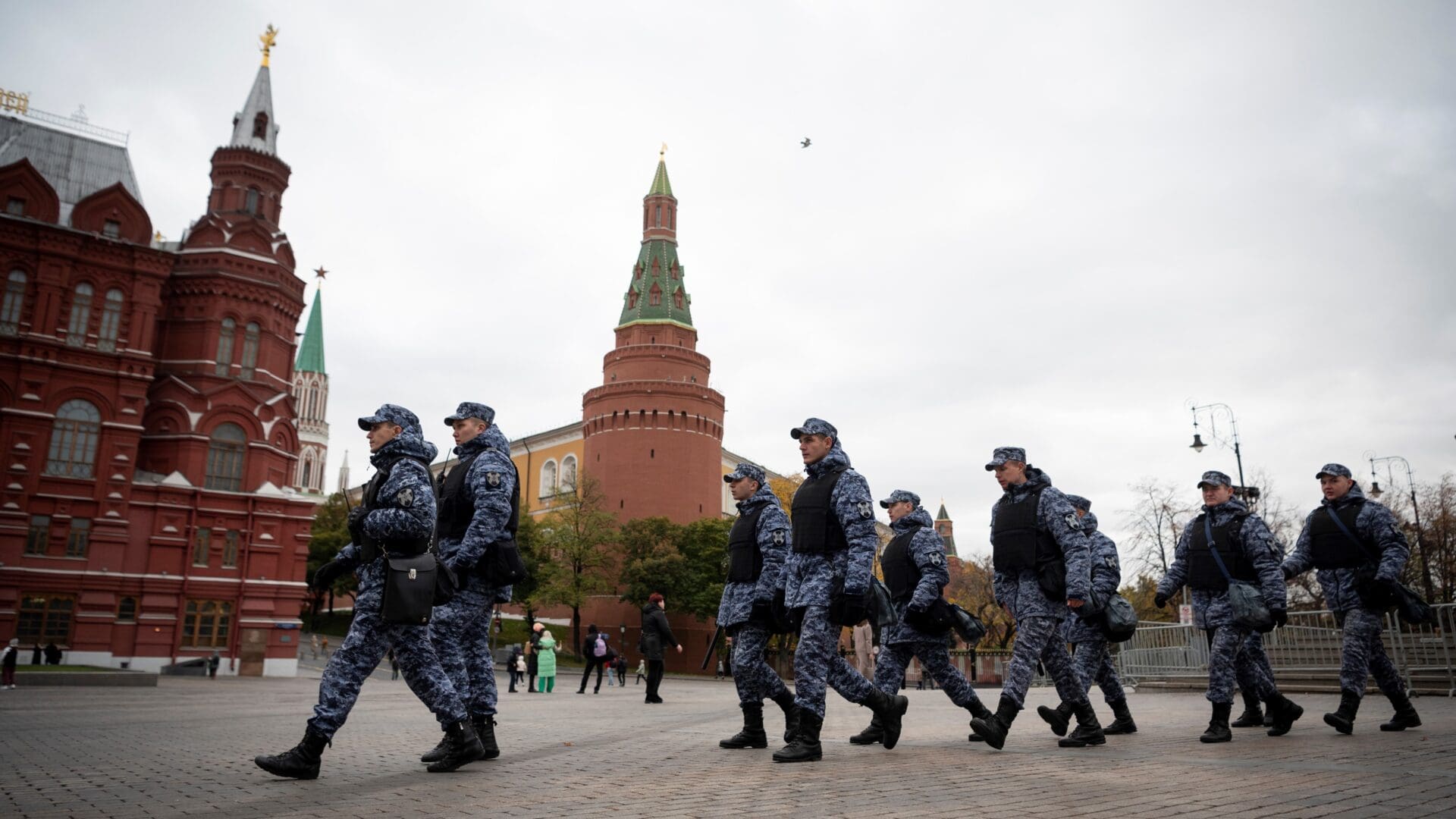Hungary has valid and effective double taxation agreements with more than 80 countries, however, last summer the US Department of the Treasury announced that it would terminate the agreement concluded in 1979. Russia may also decide to take a similar step in the near future, after they initiated the suspension of agreements concluded with unfriendly countries. Hungarian news website Index asked a tax expert about what this could mean in practice.
‘Private individuals and companies alike need to be prepared for significant changes from next year due to the termination of the 1979 agreement between Hungary and the United States on the avoidance of double taxation,’ Tamás Gyányi, an expert at WTS Klient said. After the US Department of the Treasury terminated the agreement last summer, its provisions cannot be applied from 1 January 2024.
The existence of double taxation agreements symbolises a high level of economic relations for the participating countries and also provides security and guarantees for companies and private individuals in those countries. The termination of tax cooperation between the United States and Hungary will require a re-evaluation of all international transactions, with a focus on the tax consequences of transactions, under national regulations, as well as rethinking structures affecting private individuals and companies.
‘We can expect Russia to take a step in this direction as well. According to a press release on 15 March, the Russian Ministry of Finance and the Russian Ministry of Foreign Affairs initiated the suspension of agreements on the avoidance of double taxation with unfriendly countries, including EU member states such as Hungary.’ the tax expert pointed out.
As a result, the two Russian ministries proposed that the Russian President issue a decree suspending agreements on the avoidance of double taxation with all countries that introduced unilateral economic sanctions against Russia during the war.
According to Gyányi, this law will remain in force until Russia deems rights are restored. If the Russian Ministry of Finance and Ministry of Foreign Affairs proposal is supported, favourable tax rates for income covered by the double taxation agreement will be no longer applicable from the moment of the agreement’s suspension.
The move clearly comes as retaliation for Hungary joining the EU sanctions regime, similarly to the recently ended visa free entry for Hungarian diplomats, which, as we pointed out in an earlier article, rebuts the narrative of there being a ‘special relationship’ between Moscow and Budapest.








